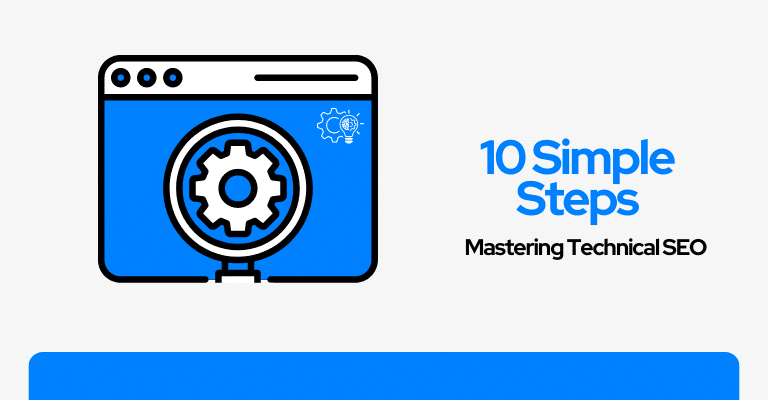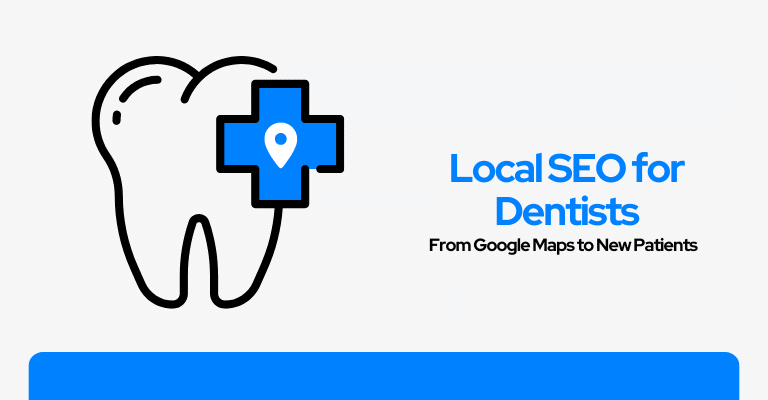SEO can seem intimidating at first. With so many technical factors to consider, how can you possibly optimize your website for search engines and real users?
The key is to start with the basics. Follow these 10 straightforward SEO tips to quickly improve your site’s technical foundations and unlock its online potential.
Choose the Right CMS
Your content management system provides the backbone for your entire website.
WordPress powers over 49% of all sites, with good reason – it’s easy to use and SEO-friendly out of the box. Just be sure to choose a modern version like WordPress 6.4+ for the best performance.
Other top CMS options like Drupal and Joomla also make SEO easy. The key is choosing a platform designed for it, instead of one that makes SEO an uphill battle.
Optimize Site Architecture
Your information architecture connects your content together in a logical way. Make sure your site architecture follows SEO best practices:
- Use a simple, flat structure with 3 levels max.
- Organize content around topics, not categories like “news” or “blog.”
- Use descriptive page names like “beginners-guide-to-seo” instead of “page-2.”
- Create site maps and internal links to connect related pages.
Smart site architecture strengthens the core of your site for both users and search engines.
Implement Responsive Design
Today, over 50% of web traffic comes from mobile devices. Responsive design is crucial for providing a seamless experience across desktop and mobile.
To make a site responsive:
- Use a mobile-friendly template.
- Add CSS media queries to adapt layouts for different devices.
- Implement a “mobile-first” approach when adding content.
- Check site performance on real devices.
Responsive design improves usability and helps search ranking since Google now prioritizes mobile-friendly sites.
Optimize Page Speed
Page speed measures how quickly your site loads for users. To improve it:
- Compress images and media files.
- Minify and combine CSS and JS files.
- Add browser caching for static assets.
- Defer non-essential JS rendering.
- Upgrade to a faster web host if needed.
Optimizing page speed improves user experience and satisfaction. It’s also a ranking factor for Google and other search engines.
Enhance Site Security
Security is crucial for both visitors and search engines. To harden your site:
- Install an SSL certificate to enable HTTPS.
- Keep software like CMS, plugins, and OS up to date.
- Follow file permissions best practices.
- Use strong passwords and two-factor authentication.
- Back up site files and databases regularly.
Solid security gives visitors peace of mind while showing search engines you take it seriously.
Create Killer Content
Unique, high-quality content remains one of the strongest SEO signals. To produce content that ranks:
- Publish in-depth, comprehensive content on topics. At least 2,000 words are best for articles.
- Craft content focused on serving the user, not just keywords.
- Include targeted keywords naturally throughout the content.
- Update old content regularly to keep it fresh and relevant.
- Produce new content on an ongoing basis to expand your site’s scope.
Search engines are getting better at understanding true quality. Focus on the user, and the optimization will follow.

Optimize Metadata
Metadata gives search engines information about your pages. Be sure to optimize:
- Page titles: Concisely describe the page in 60 chars or less, using important keywords.
- Meta descriptions: Summarize the page in 155 chars or less for search results snippets.
- Headings: Use keyword-rich headings and subheadings (H2, H3 tags) to outline content.
- Alt text: Add descriptive alt text for any images, graphics, or media on the page.
Complete, descriptive metadata signals relevance to search engines. It also helps generate clicks from searchers.
Master Keyword Targeting
Conduct thorough keyword research to uncover terms and phrases people search for in your niche. Then strategically target relevant keywords:
- In titles, headings, content, URLs, alt text, and metadata as noted above.
- Based on search volume, competitiveness, and relevance to your offerings.
- Appropriate to each page’s topic and context. Don’t over-optimize!
With thoughtful keyword targeting, you can attract more opportunities from search without compromising quality.
Build Authoritative Backlinks
Links to your site from external authoritative sources signal trust and relevance. Focus on earning backlinks ethically from:
- Industry websites, publications, blogs, and resources.
- Relevant directories like Yelp or industry associations.
- Local citation listings on Google My Business, Apple Maps, etc.
- Interviews on podcasts, news articles, and as a guest contributor.
- Product reviews on reputable sites.
Choose link opportunities strategically, like you would keyword targeting. Quality over quantity.
Analyze and Refine
SEO is an ongoing process. To continuously improve, and track SEO performance with tools like Google Search Console. Monitor and refine:
- Keyword rankings and website traffic.
- Site crawl stats for errors and issues.
- Page speed and mobile usability.
- Link-building outreach and placements.
Staying on top of your SEO analytics helps spot opportunities for improvement. The little tweaks make all the difference!
Wrap Up
SEO may seem complicated at first, but it’s simpler than it appears once broken down step-by-step.
Focus on nailing the SEO basics, and your site will be well-positioned to rank and drive results. With smart optimization choices and insightful refinements over time, you can definitely unleash your website’s full potential!






